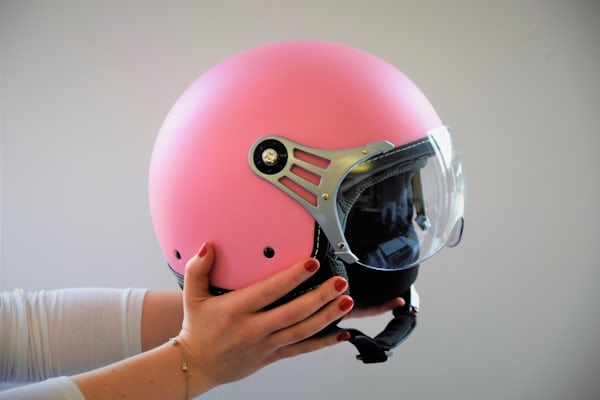Spoonfeeding vs tough love

There are many reasons why you might have ended up in the program you chose. It might be a dream you always had 'to be a xyz'. You might have had dreams of what a specific degree will give you in terms of job security or financial reward. It might because of family or peer suggestions and influence. You might just want a degree from 'xyz'. You might have been able to into your first choice. Many reasons.
Along with these reasons, it is hoped that you want to improve your thinking and add to your skills and knowledge - learn something. There are various aspects of learning ranging from the knowledge (facts, figures, rules, theories, algorithms, heuristics, etc.) to comprehension, being able to apply what you have learned, analyse situations in your area of study, solve problems, synthesize solutions, and evaluate situations and outcomes. Hopefully, you want to graduate with a better 'brain' - contents and processes.
Not every course, every term will dramatically improve your brain, but you might be taking 30-40'ish courses during your degree and in their totality, they should have an impact (you hope). You should not be the same when you graduate as when you started university, else what is the point? You should be thinking differently. Better judgement. Better reasoning. Less seat-of-the-pants opinions and more factual, foundational-based thinking.
Tough love can also help you develop resilience. It helps you learn how to pick yourself up in the face of failure because that is a critical part of life. Like if/when you get laid off from your first job, you have to remember how to pick yourself up and continue.
Some observations

You do not learn to sail on a flat, calm pond. You learn to REALLY sail when the wind and water conditions are not to your liking.
You do not learn to fish by buying a shrink wrapped fillet from the grocery store. You do not know the larger picture, what is involved, how to actually locate, catch the fish and prepare it.
You need instructors (not all, not every course every term) that will push you out of your comfort zone and make your head hurt. If your head does not hurt a bit every now and then and if you are struggling, you are not going to improve. The pain and suffering is not enough, but it is part of the process. You need to be guided, deliberate practice, reflect and then have a chance to do deliberate practice - perhaps in a plan-do-check-act cycle of continuous improvement.
You need instructors that will not just tell you what to do, how to do it. You need to figure out how to figure it out.
You need to make mistakes (in a controlled, safe way), live with the results, figure out what went wrong, what to do right, and then try it again.
You need instructors who are not afraid of using 'red ink' and are willing to point out your thinking, learning weaknesses in an honest, constructive, non-personal way - you need to be told what you need to be told, not what you want to hear.